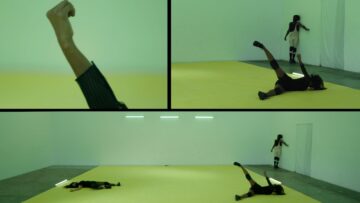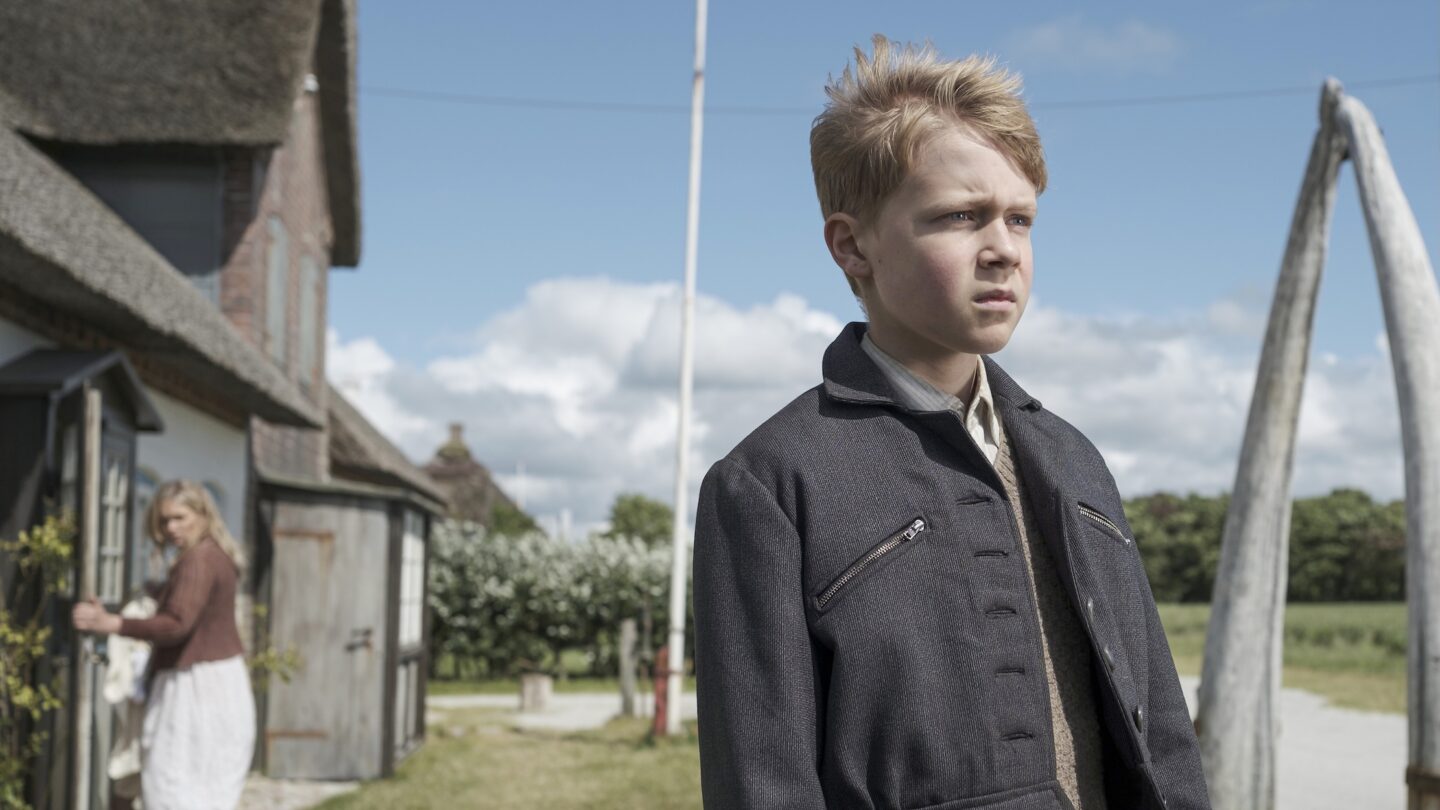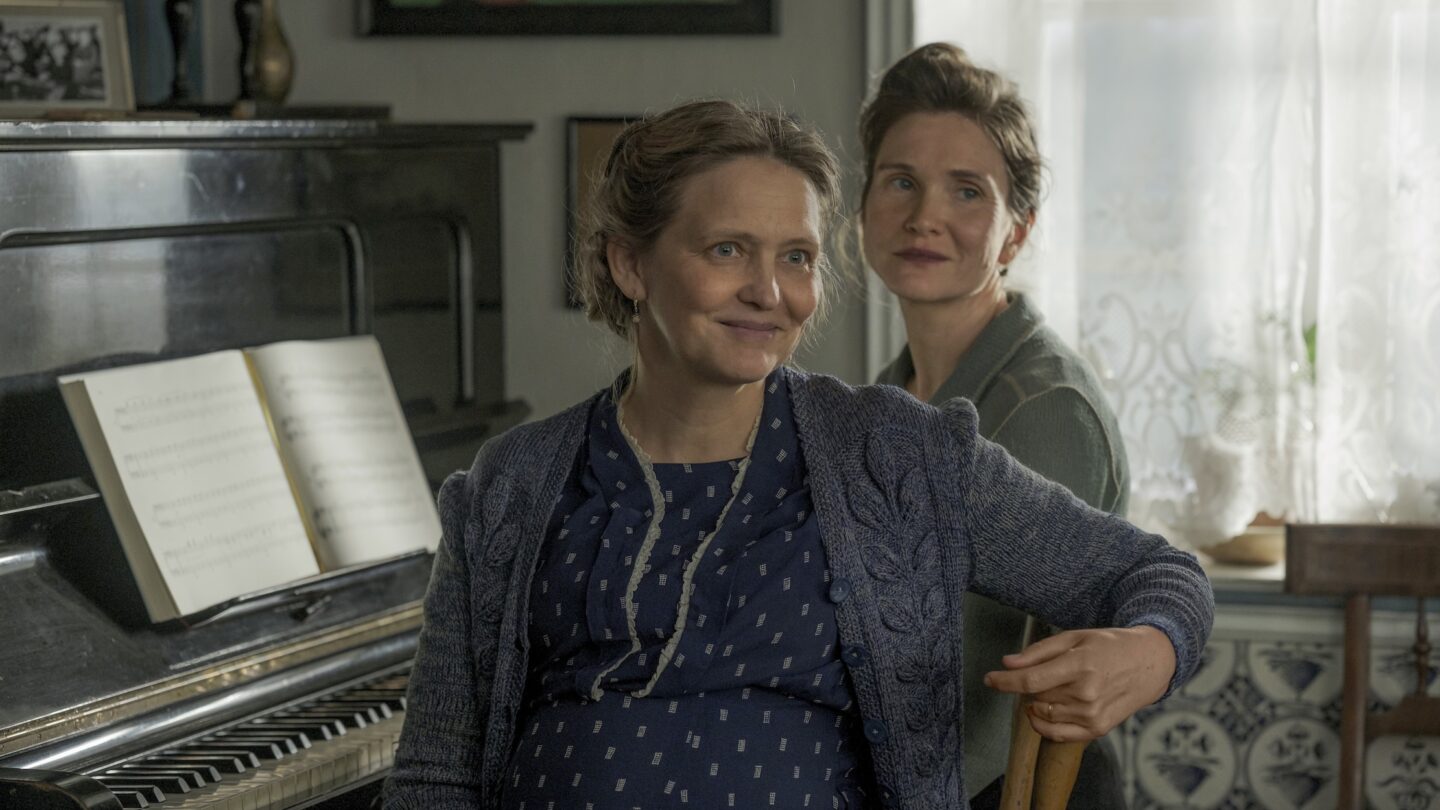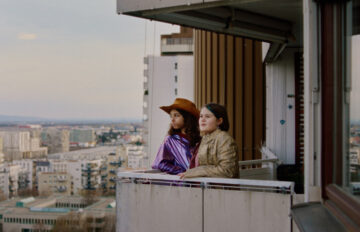
Ligia Lewis: I’M NOT HERE FORRRRR…
This autumn the Gropius Bau in Berlin opens a new exhibition by Ligia Lewis, running from…



In Search of a white bread with butter and honey — at first, it sounds like a story too small to fill an entire film. Yet it becomes a symbol of hope and prosperity in a time when most families could not call such fortune their own.
It is spring 1945. For the people of Amrum, the Second World War is nearing its end. Refugees from East Prussia, Silesia and Pomerania flee to the North Frisian Islands. The population on Amrum grows rapidly, and resources become even more scarce.
Nanning, a 12-year-old boy, brings to life the childhood memories of acclaimed director and screenwriter Hark Bohm in “AMRUM”, directed by Fatih Akin. As the eldest son, Nanning is the child who must act most responsibly, the one who cannot afford to misbehave. In these uncertain times, when children lack stability, Nanning longs for exactly that. He tries to make everyone around him happy, believing that happy people mean better days.
His quest for a simple piece of white bread with butter and honey leads him into situations that are at times dangerous and deeply disappointing, demanding more from him than a 12-year-old should ever have to give. With empathy, kindness and an unbreakable will, he finally earns this symbol of hope for his mother, only to realize that her reaction is nothing like he had imagined.
A film about growing beyond oneself for the people one loves, and about the search for identity and purpose, all set against the backdrop of life during the final days of the Second World War.

This autumn the Gropius Bau in Berlin opens a new exhibition by Ligia Lewis, running from…

Few photographers have captured the evolution of skate culture like Atiba Jefferson. Open…

"Why do we always have to be different?“